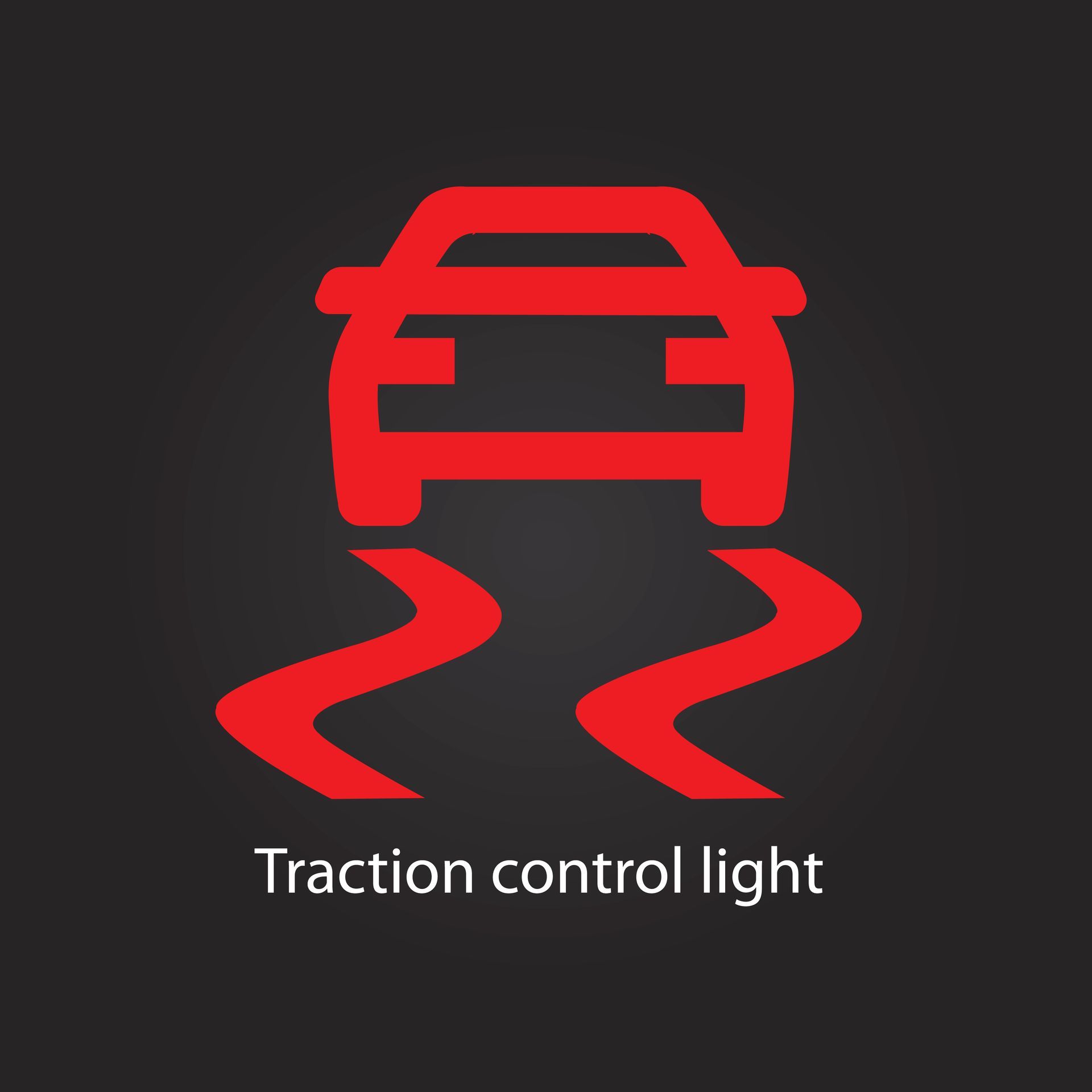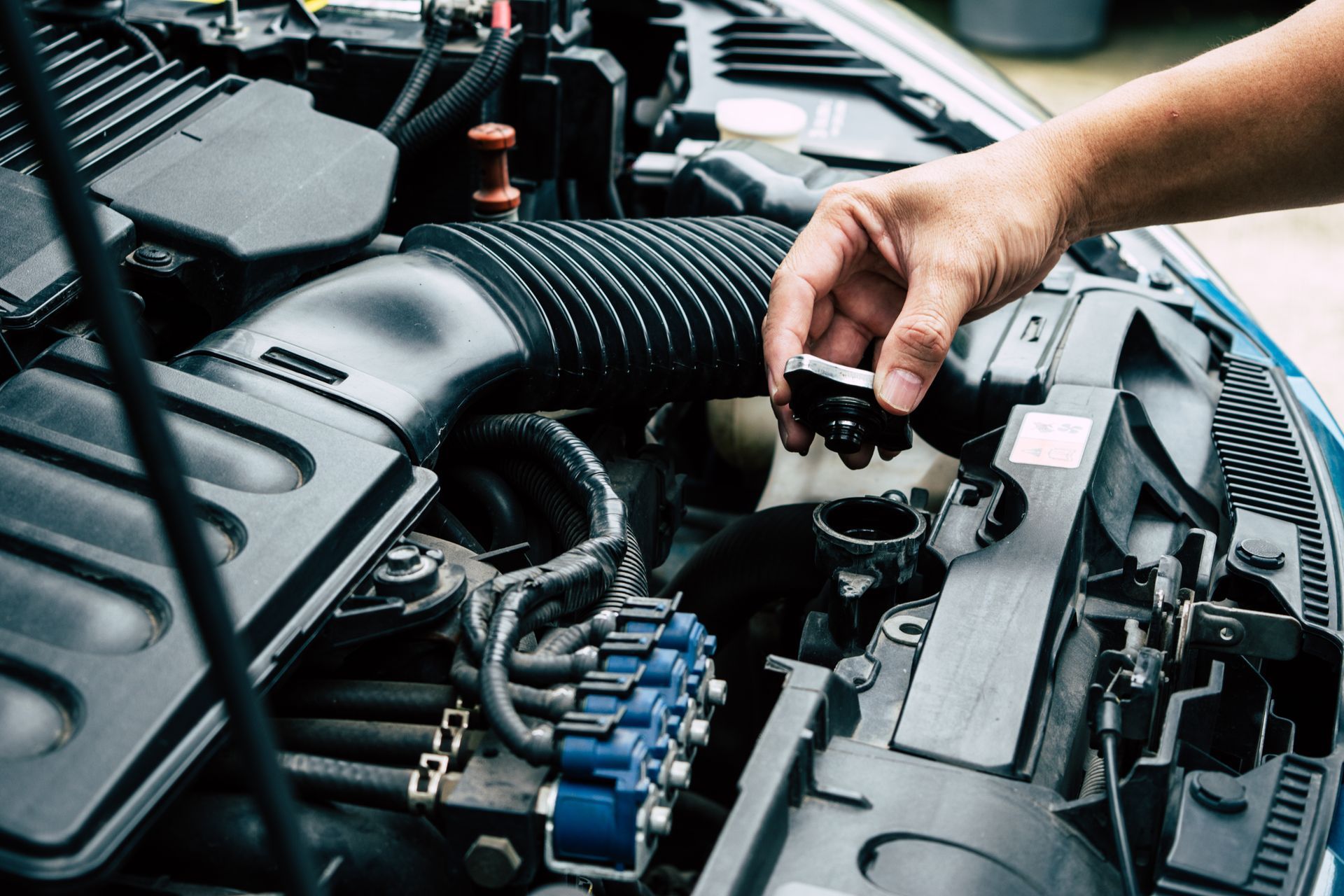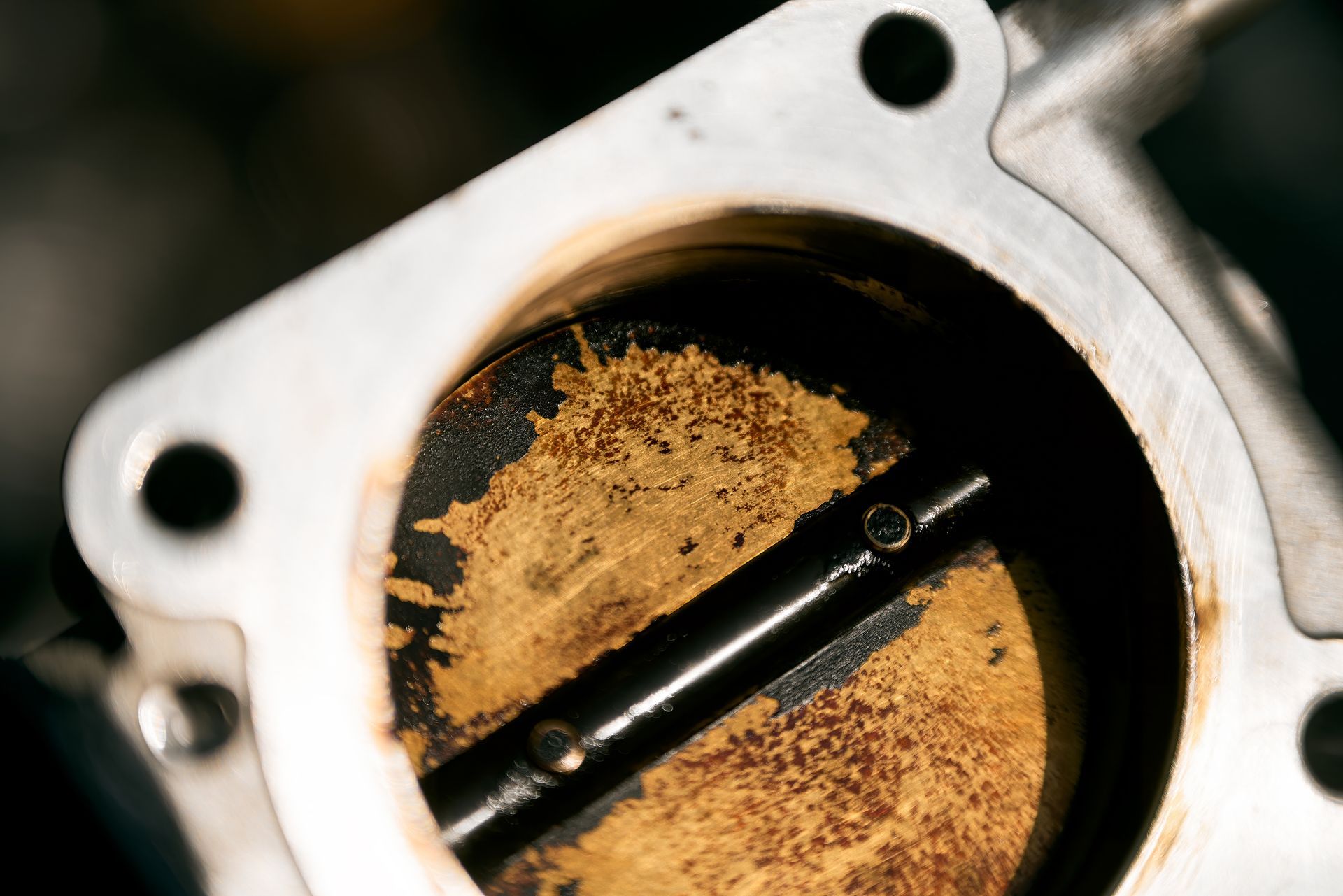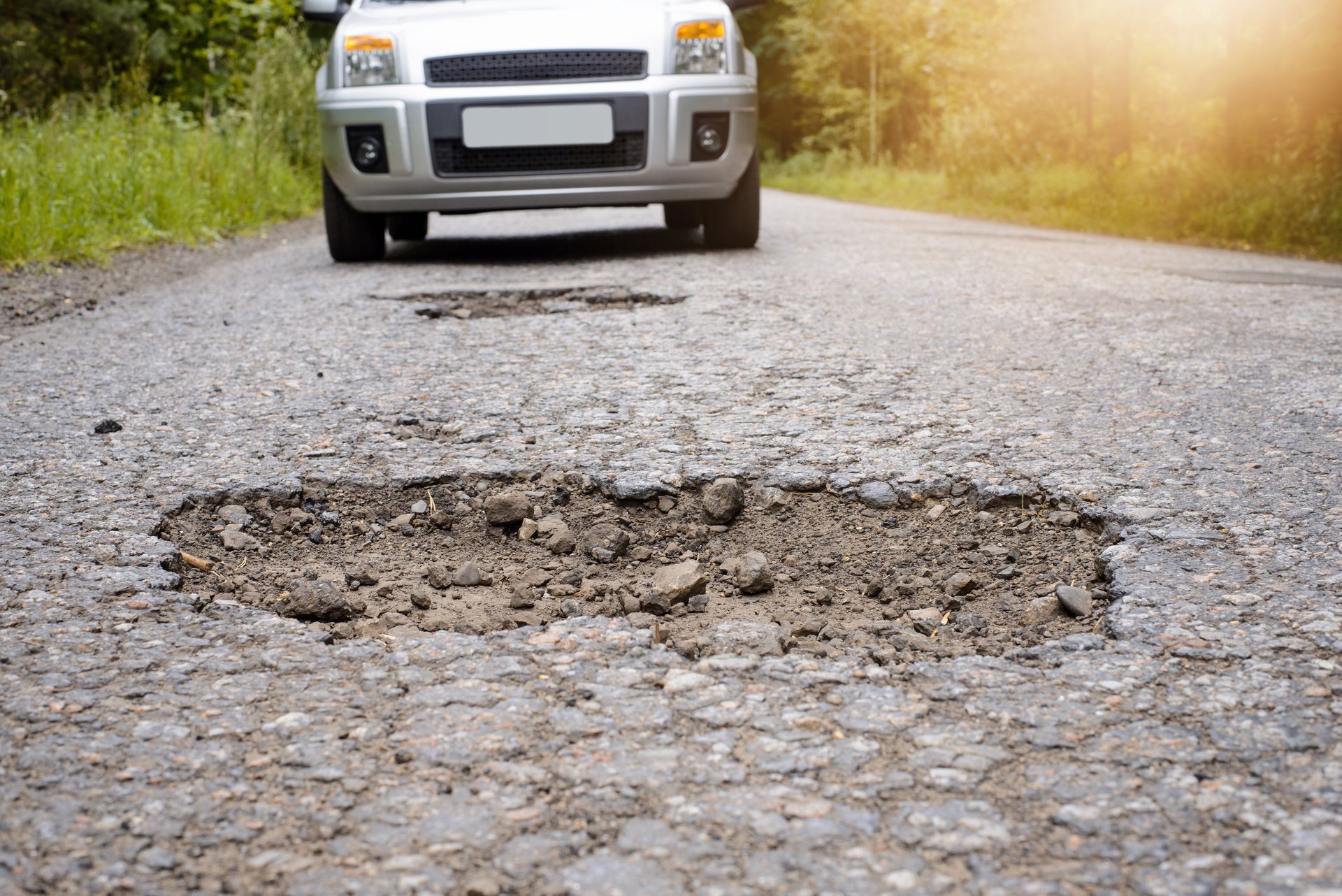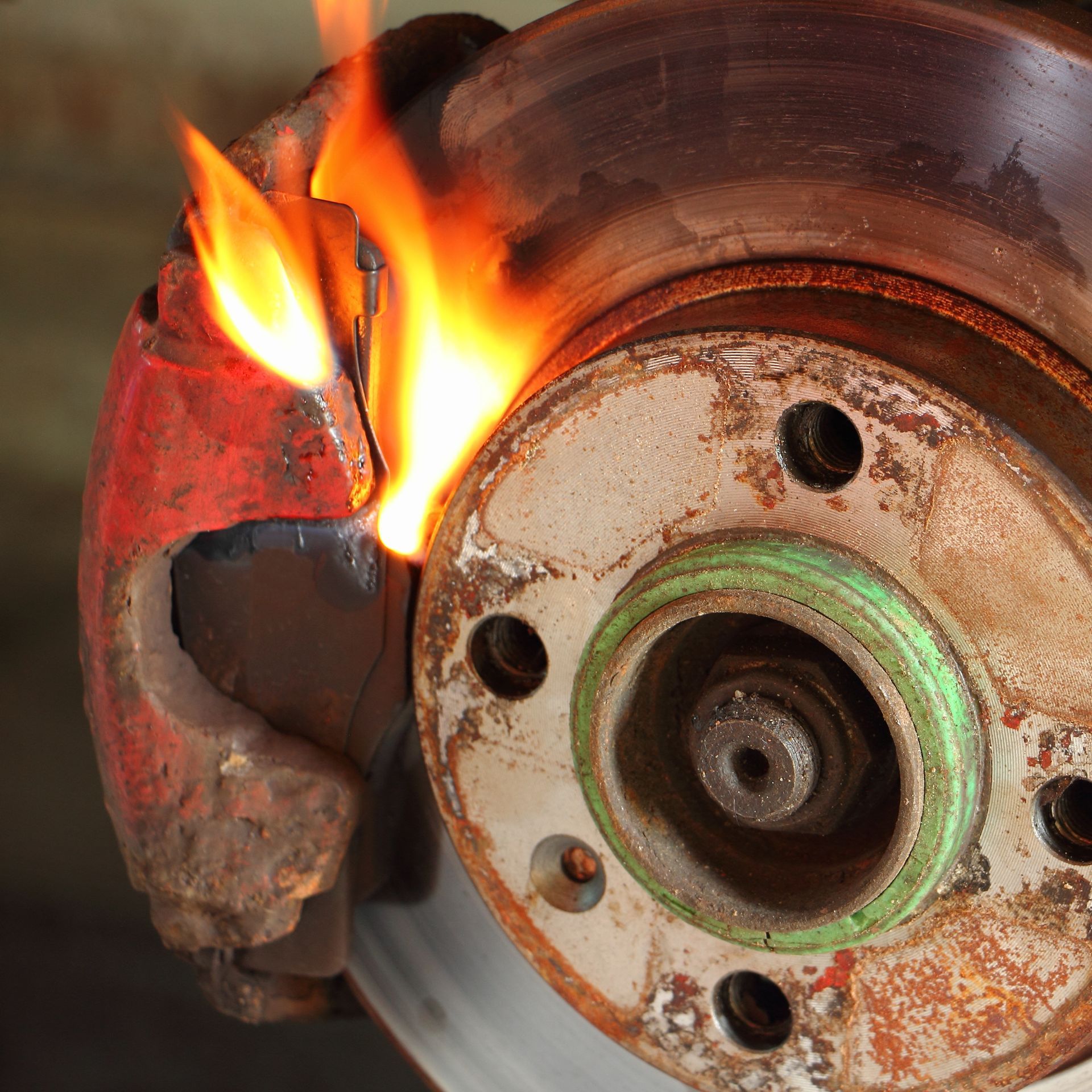Have you ever experienced a bumpy ride or noticed your car sitting unevenly? These could be signs of damaged coil springs. Identifying and addressing coil spring issues before they escalate into major problems is essential to avoid costly repairs. Let's explore some practical tips to help you spot damaged coil springs early on and prevent potential safety hazards on the road.
What The Coil Springs Are
Coil springs are integral parts within your vehicle's suspension system, tasked with bearing the vehicle's weight and mitigating the impact of road irregularities. These springs are crucial for maintaining stability and comfort while driving.
Continual use and exposure to adverse road conditions can gradually wear down the coil springs, diminishing their effectiveness. When damaged, these springs compromise not only your vehicle's handling but also your ride's overall comfort, necessitating prompt attention to ensure optimal performance and safety.
Signs of Damaged Coil Springs:
- Uneven ride height: If your car appears to be leaning to one side or sits lower than usual on one corner, it could indicate a damaged coil spring.
- Bumpy or rough ride: Damaged coil springs may result in a noticeably rougher ride, with increased bouncing or instability over bumps and rough terrain.
- Clunking or knocking noises: Any unusual noises coming from the suspension, such as clunking or knocking sounds, could signal issues with the coil springs.
- Visible damage: Inspect your coil springs visually for signs of damage, such as cracks, breaks, or visible sagging.
Inspecting Coil Springs
Regular visual inspections of your coil springs can help detect early signs of damage. Use a flashlight to check for any visible cracks, breaks, or deformities in the springs. Pay attention to any changes in ride quality or handling characteristics, as these could indicate underlying coil spring issues.
Preventive Maintenance Tips
- Schedule regular suspension inspections: Include coil spring inspections as part of your routine vehicle maintenance schedule to catch potential issues early.
- Avoid overloading your vehicle: Excessive weight can strain the coil springs and accelerate wear and tear. Be mindful of your vehicle's load capacity and avoid exceeding it.
- Driving cautiously over rough terrain: Potholes, speed bumps, and rough roads can stress your vehicle's suspension components, including the coil springs. Drive cautiously and avoid harsh impacts whenever possible.
Ready to ensure your vehicle's suspension is in top-notch condition? Visit Mountain Tech Inc. today for expert inspection and maintenance services to spot and address any issues with your vehicle, including coil spring issues, before they escalate.



